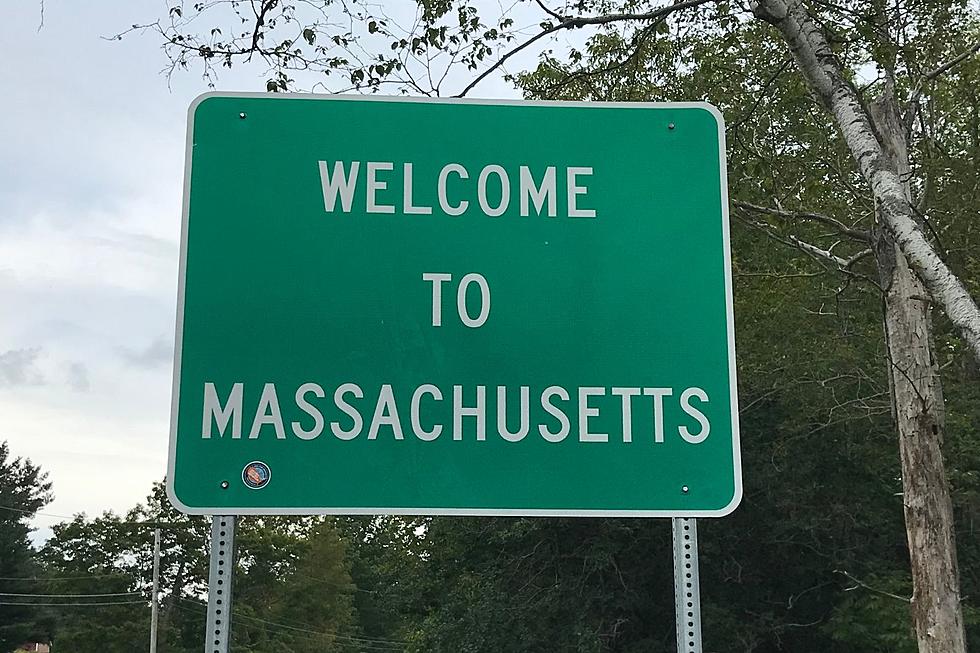
Clothing Material Banned In 6 MA Towns
Fur has been banned in six municipalities in the state of Massachusetts since 2020.
The town of Wellesley was the first to ban the sale of fur in the country besides in California.
Wellesley, Massachusetts from October 2020
The Town finds that animals that are slaughtered for their fur endure tremendous suffering. Animals raised on fur farms typically spend their entire lives in cramped and filthy cages. Fur farmers typically use the cheapest killing methods available, including suffocation, electrocution, gas, and poison.
b. Considering the wide array of alternatives for fashion and apparel, the Town finds that the demand for fur products does not justify the unnecessary killing and cruel treatment of animals.
c. The Town believes that eliminating the sale of fur products in the Town of Wellesley will promote community awareness of animal welfare and, in turn, will foster a more humane environment in Wellesley
Animals and Fur
People who are sensitive to animal cruelty are all too familiar with the numbers of animals that are slaughtered for purpose of human comfort and social status. 100 million animals are "raised or trapped, and killed" for their fur. The death is often slow and painful for these animals and the environmental impacts caused by the fur industry are adverse.
6 Municipalities In Massachusetts that have banned the sale of Fur
- Wellesley
- Weston
- Brookline
- Plymouth
- Cambridge
- Lexington
What products is fur in and what is actually banned?
“Fur”: Any animal skin or part thereof with hair, fleece, or fur fibers attached thereto, either in its raw or processed state.
“Fur product”: Any article of clothing or covering for any part of the body, or any fashion accessory, including, but not limited to handbags, shoes, slippers, hats, earmuffs, scarves, shawls, gloves, jewelry, keychains, toys or trinkets, and home accessories and décor, that is
made in whole or part of fur. “Fur product” does not include any of the following:
a. An animal skin or part thereof that is to be converted into leather, or which in processing will have the hair, fleece, or fur fiber completely removed;
b. Cowhide with the hair attached thereto;
c. Lambskin or sheepskin with the fleece attached thereto; or
d. The pelt or skin of any animal that is preserved through taxidermy or for the purpose of taxidermy.
This excerpt was taken from the town of Brookline which is very similar to the Wellesley bylaw.
Fines or Penalty in Massachusetts for not abiding to the ban
Retail transactions and taxidermy infractions will result in a $300 fine to the town with the bylaw of for each offense.
LOOK: 11 tick-borne illnesses and what to watch out for during your outdoor adventures
Gallery Credit: Martha Sandoval
More From WBEC FM









